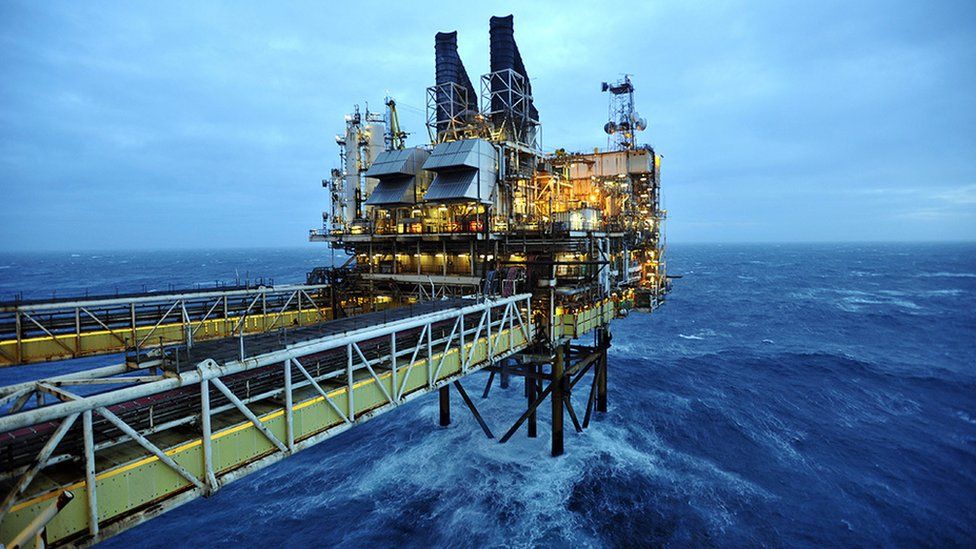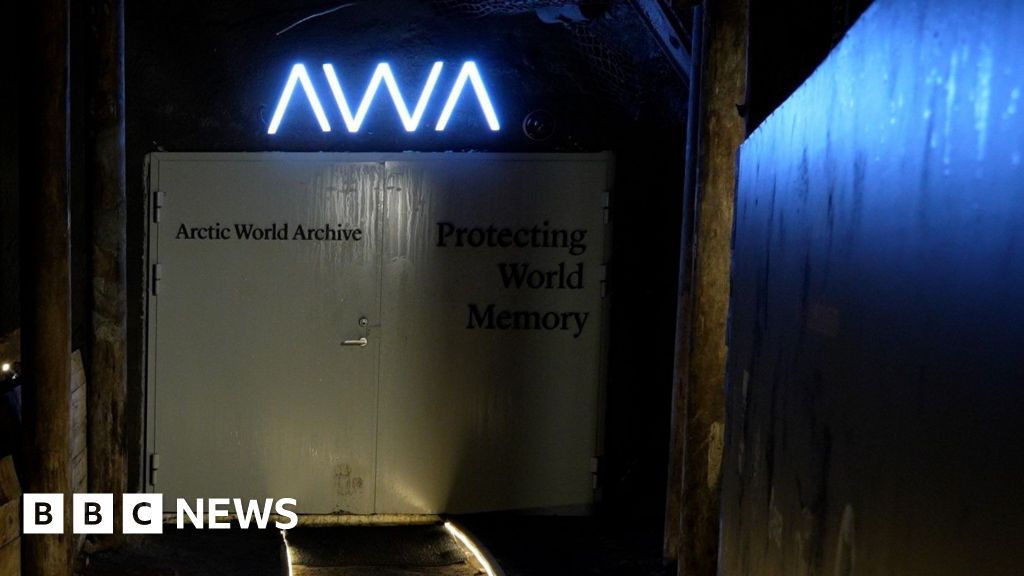ARTICLE AD BOX
 Image source, Getty Images
Image source, Getty Images
The development of a controversial UK oil field has been given the go-ahead.
Rosebank, which lies about 80 miles north-west of Shetland, has been approved by the UK regulators the North Sea Transition Authority (NSTA).
What is Rosebank?
Rosebank is an oil and gas field and is one of the largest undeveloped discoveries in UK waters
It is said to contain up to 300 million barrels of oil and is owned by Norwegian energy giant Equinor and British firm Ithaca Energy.
The approval for drilling comes after the government said it would issue hundreds of new licences for oil and gas exploration in the North Sea.
What will it produce?
The field is expected to start producing oil from 2026.
If drilling does start on time, Rosebank could account for 8% of the UK's total oil production between 2026 and 2030.
Roughly 245 million barrels will be produced in the first five years of drilling, with the remaining 55 million being extracted between 2032 and 2051.
About 1,600 jobs are expected to be created during the peak of construction. Long term, the operation will create 450 jobs.
Will it mean lower energy bills in the UK?
Oil and gas from the North Sea is not necessarily used in the UK - it is sold on global markets.
What Rosebank produces will be sold at world market prices, so the project will not cut energy prices for UK consumers.
The Norwegian state oil company Equinor - which is the majority owner of Rosebank - has confirmed that.
"If the UK needs Rosebank oil, it will go to the UK through open market mechanisms", said Arne Gurtner, Equinor's senior vice president for the UK.
The government's independent advisers on climate change, the Climate Change Committee (CCC), has said similar in response to the government's plans to develop the UK's remaining offshore oil and gas reserves.
Last year, it wrote to the then-chancellor, Kwasi Kwarteng, saying more domestic oil and gas extraction would have "at most, a marginal effect on prices".
Oil also tends to be sent around the world to be refined - the UK does not have the capacity to refine all its own oil-based products.
Why is the site controversial?
The plan has faced widespread criticism due to its impact on climate change.
Last month 50 MPs and peers from all major parties warned approving the project would be "deeply irresponsible" and risked putting climate targets out of reach and would "nothing" to reduce household bills.
On Tuesday, the International Energy Agency renewed its assertion that no new oil and gas projects are needed if the world is to achieve its climate goals.
Its updated projection suggests fossil fuel demand will fall 80% by 2050 as new solar power and electric cars continue to grow.
Protests have been carried out against Rosebank in the run-up to its approval across the country, with some groups, such as Surfers Against Sewage voicing concerns over the impact of drilling on sea life.
Regulators have said net zero considerations, which means no longer adding to the total amount of greenhouse gases in the atmosphere, have been taken into account.
What are politicians saying?
The UK government has welcomed the decision, with Energy Security Secretary Claire Coutinho saying oil and gas are part of the "mix on the path to net zero".
She has argued it "makes sense" for the UK to use its own oil supplies and will enable the country to have "greater energy independence, making us more secure against tyrants like (Vladimir) Putin".
A senior Labour source told the BBC the party would not revoke the Rosebank licence if it wins the next general election. Labour has previously said it would not grant new licences for oil and gas exploration.
The Liberal Democrats are not expected to make a comment on the licence, but a party source has said that their position remains that Rosebank should not go ahead.
Meanwhile, Scotland's First Minister Humza Yousaf has said he is "disappointed" by the decision and that he is concerned that the oil extracted will end up overseas.
Green MP Caroline Lucas saying the move was "morally obscene", and called the move the "greatest act of environmental vandalism in my lifetime".

 1 year ago
70
1 year ago
70








 English (US) ·
English (US) ·